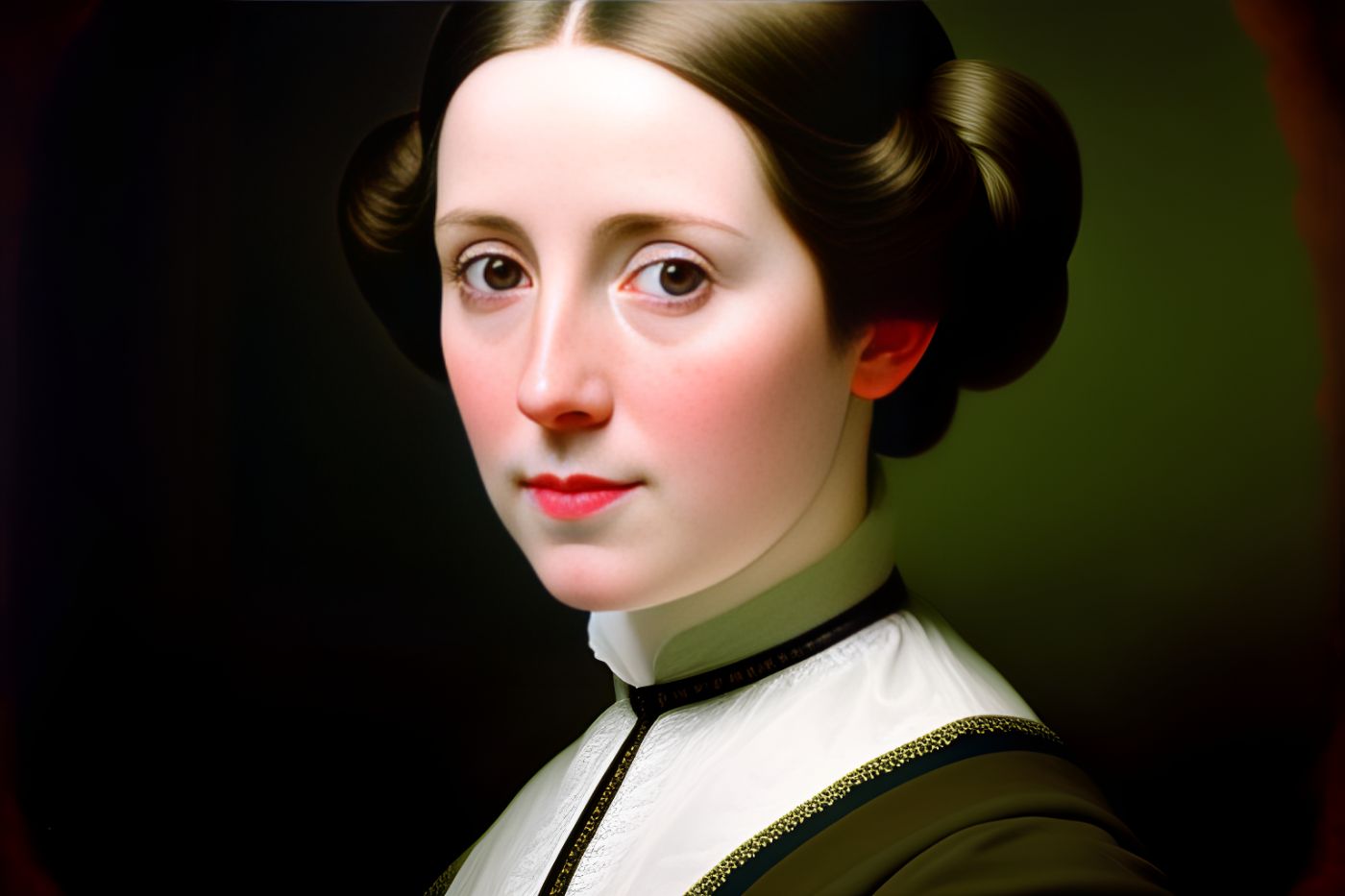141 reads
DOMESTIC DIPLOMACY.
by
November 11th, 2023
Audio Presented by

Renowned English novelist, biographer and short story writer
About Author
Renowned English novelist, biographer and short story writer

Renowned English novelist, biographer and short story writer
Renowned English novelist, biographer and short story writer